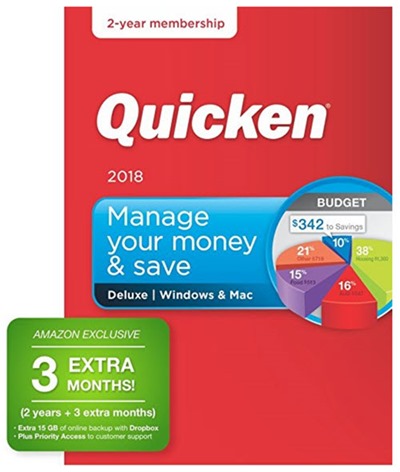
I’ll talk about this next.Īssign a class to every posting transaction – I recommend assigning a class to every posting transaction, because otherwise, it will be difficult to tell if you have forgotten to assign a class to something important. In most cases, I recommend assigning a class to every transaction, but it’s ok to lump many into a generic class.

They aren’t sure where to track expenses that don’t apply to a project or event, and feel the need to assign something meaningful. I see this mistake happen most often in businesses that use classes to track projects or events.

Your classes should be completely different from your COA. – Property management, to track the income and expenses for each propertyīe careful not to duplicate the Chart of Accounts with classes – What I caution against, and I’ve noticed people tend to do, is the practice of using classes as a duplicate to the Chart of Accounts. – A business with 2 or more locations, who uses the same company file to track the profitability (and/or A/R, etc.) – A Sole-Proprietor who uses one account for both business and personal expenses (I which I recommend against, but some insist on doing) – A Non-Profit that needs to track income and expenses by grant, event or project. – A landscaping business with a Maintenance and Installation division that would like to track the profitability of each division separately Then, you can run a Profit and Loss report by class, and even filter reports like Accounts Receivable and Accounts Payable reports by class. When you use classes in QuickBooks, in addition to item or account, you can also assign a class to each transaction. You can also track your Balance Sheet by class, but it can be problematic.įirst, let me say this: I do NOT recommend class tracking with classes representing your jobs for job-costing, you should always use Customers/jobs for job-costing, and you can learn more about that here: However, I do recommend classes to some of my job-costing clients for either tracking different types of revenue and costs or for workarounds. If you need to keep track of your income and expenses by department, location, property, project or event, using classes in QuickBooks might be for you. Using “Classes” in QuickBooks to Track: Locations, Projects, Divisions


 0 kommentar(er)
0 kommentar(er)
